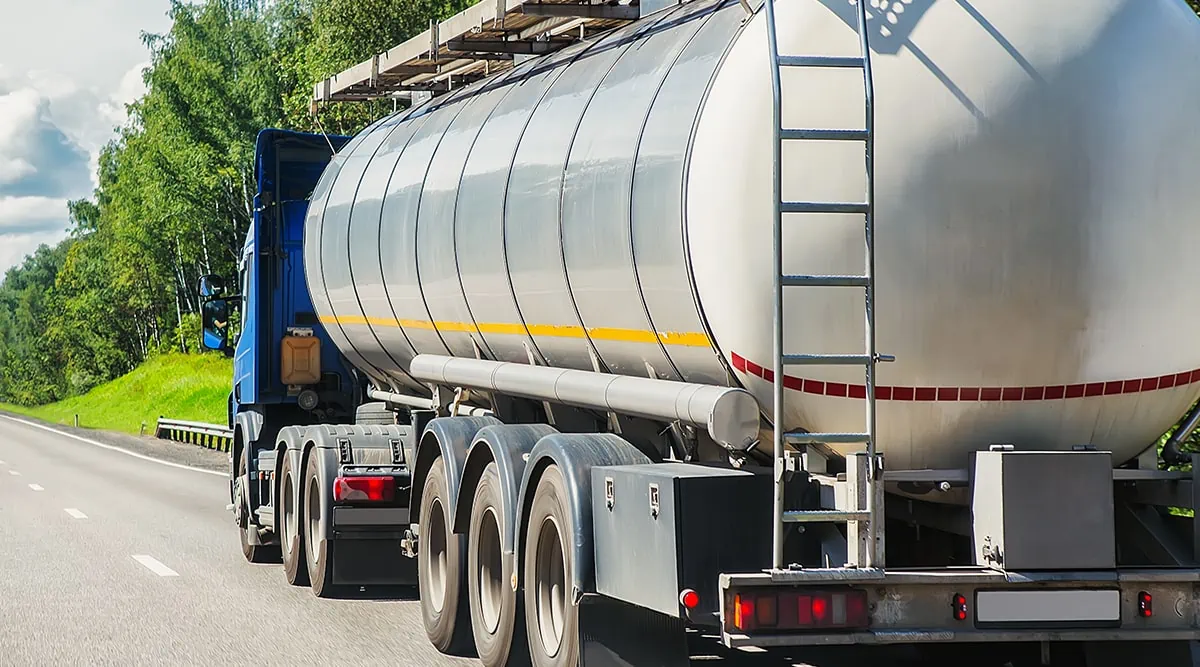Facts About Reclaim Waste Revealed
Facts About Reclaim Waste Revealed
Blog Article
Reclaim Waste Can Be Fun For Everyone
Table of ContentsThe Reclaim Waste DiariesAbout Reclaim WasteThe Single Strategy To Use For Reclaim WasteHow Reclaim Waste can Save You Time, Stress, and Money.Reclaim Waste for Beginners
Domestic sewer waste refers to the waste and items from a property septic tank. The appropriate management and disposal of residential sewage waste call for fluid waste to be moved to a sewage treatment plant where the proper methods and equipment are applied to detoxify and dispose of waste.
Commercial waste commonly consists of potential hazards, such as combustible materials or a mix of liquid and strong waste products, and requires a much more sophisticated and comprehensive disposal procedure. The disposal of industrial waste typically entails the filtering of waste prior to transportation to make sure risk-free and correct disposal. Industrial waste is created from byproducts and runoff of industrial processes and production.
This sort of waste can not utilize the exact same sewer management transport or procedures as septic or industrial liquids. The hazardous waste monitoring process needs the evaluation and screening of liquid waste prior to it undertakes the disposal process (liquid waste disposal melbourne). Runoff waste is the fluid waste that originates from overflow and excess stormwater in very populated locations or cities
Overflow waste can cause contamination and flooding if not handled effectively. Learn extra concerning sewage system cleansing and waste management. Guaranteeing correct waste monitoring can stop catastrophes and lower environmental damage. Both people in property settings and experts in commercial or manufacturing sectors can take advantage of comprehending the procedures and guidelines of fluid waste management.
Some Of Reclaim Waste
Call PROS Solutions today to learn about our waste monitoring and disposal solutions and the appropriate means to look after the liquid waste you create.
(http://tupalo.com/en/users/7813759)
This so-called 'wastewater' is not just an important resource yet, after treatment, will be released to our land, waterways or the ocean. Made use of water from toilets, showers, baths, cooking area sinks, washings and commercial procedures is understood as wastewater.

water made use of to cool machinery or tidy plant and equipment). Stormwater, a kind of wastewater, is runoff that moves from agricultural and metropolitan locations such as roofs, parks, yards, roads, paths and seamless gutters into stormwater drains, after rainfall. Stormwater flows unattended straight to regional creeks or rivers, at some point reaching the ocean.
Getting The Reclaim Waste To Work
In Queensland, a lot of wastewater is treated at sewer treatment plants. Wastewater is transported from residential or industrial sites through a system of sewers and pump stations, referred to as sewerage reticulation, to a sewer treatment plant. Local federal see this website governments build, keep and run most sewer therapy plants. Operators are licensed under the Environmental Security Act 1994 to release treated wastewater at an acceptable environmental standard into rivers.
The Department of Natural Resources advises neighborhood federal governments about handling, operating and preserving sewage systems and therapy plants. In unsewered areas, neighborhood governments may call for householders to set up specific or household sewer therapy systems to treat domestic wastewater from bathrooms, cooking areas, washrooms and washings. The Division of Natural Resources authorises making use of house systems when they are confirmed to be effective.
In some brand-new subdivisions, treatment of some stormwater to remove trash, sand and crushed rock has actually begun using gross contaminant traps. Wastewater treatment takes place in 4 stages: Eliminates solid matter.
Wastewater then moves right into large tanks where solids work out and are removed as sludge. Oil and scum are skimmed from the surface area. Makes use of small living microorganisms recognizes as micro-organisms to damage down and get rid of remaining dissolved wastes and great fragments. Micro-organisms and wastes are included in the sludge. Eliminates nitrogen and phosphorus nutrients that could create algal blossoms in our rivers and intimidate marine life.
3 Easy Facts About Reclaim Waste Described
Nutrient elimination is not available at all sewage treatment plants because it requires costly specialist devices. Clear liquid effluent generated after treatment might still have disease-causing micro-organisms - liquid waste removal melbourne.

This typically indicates wastewater has actually to be dealt with or contaminants eliminated prior to it can be discharged to waterways. Many wastewater streams into the sewerage system. Under the Act, city governments carry out approvals and licences for eco relevant tasks (Periods) entailing wastewater releases that may have a regional impact. The department carries out approvals and licences to ERAs including wastewater releases that might have a local or statewide influence.
The Ultimate Guide To Reclaim Waste
Surveillance gives factual information concerning water high quality and can validate that permit conditions are being met. The information obtained through monitoring provides the basis for making water quality decisions.
Report this page